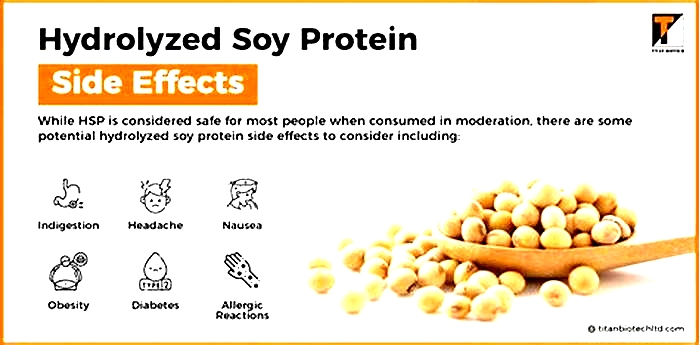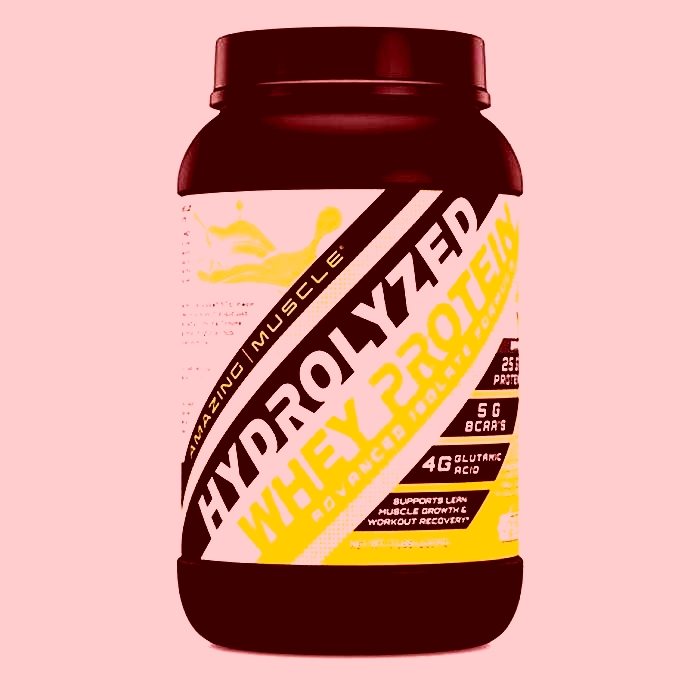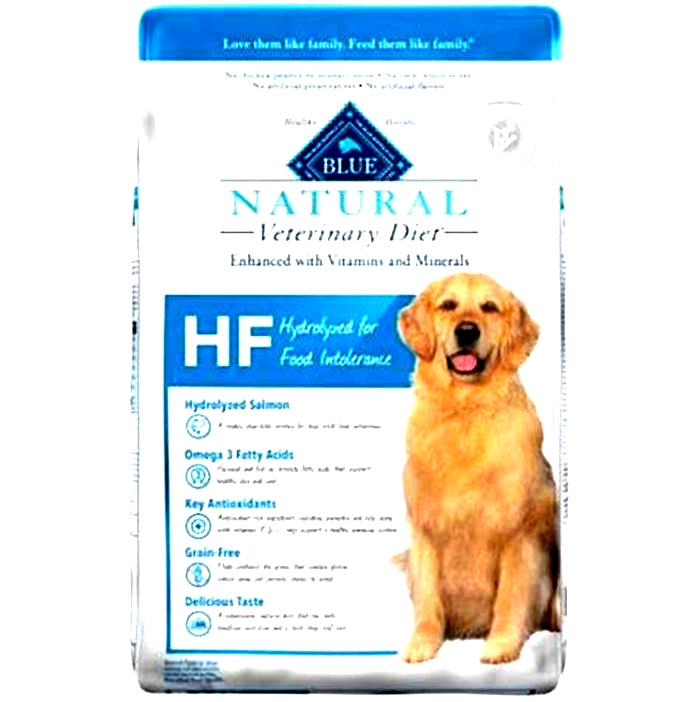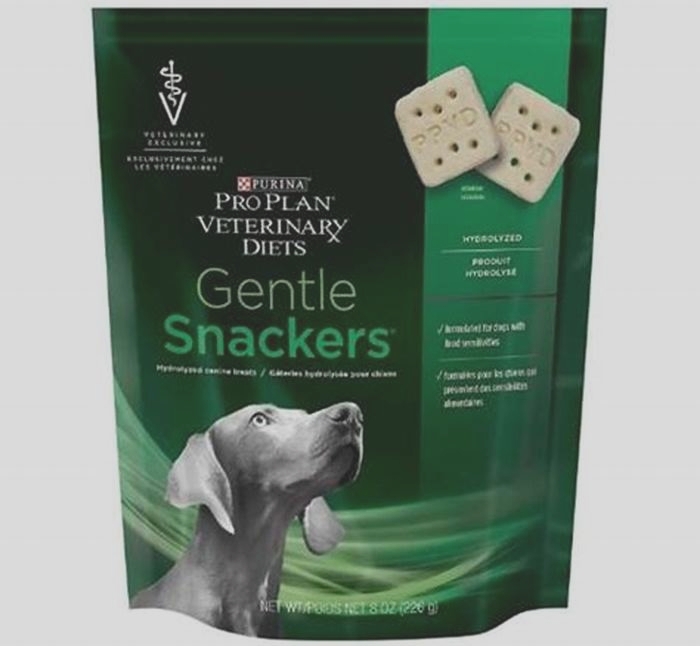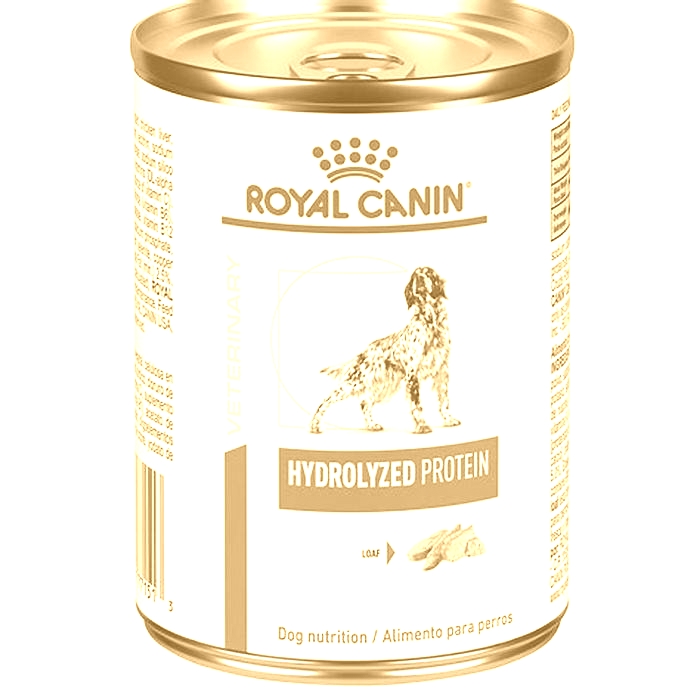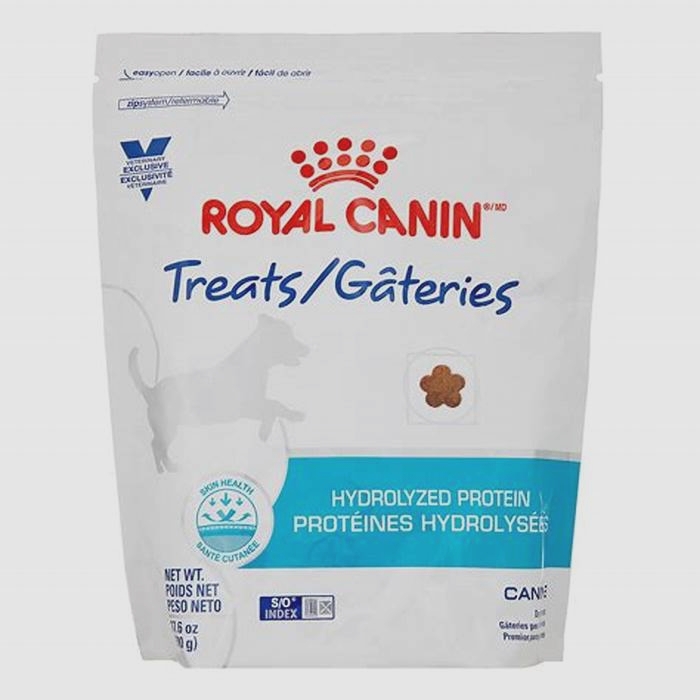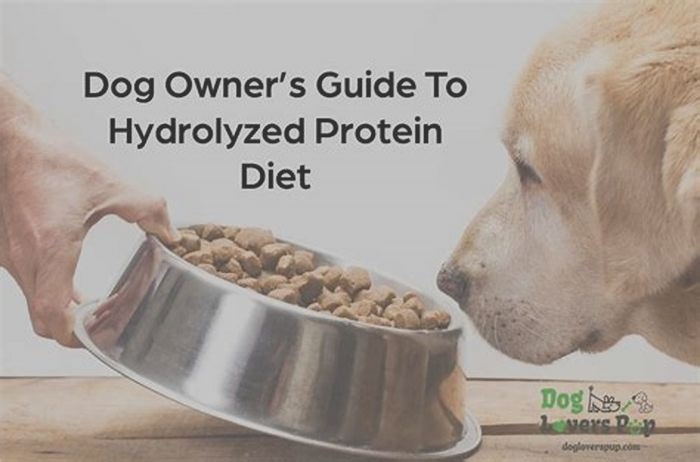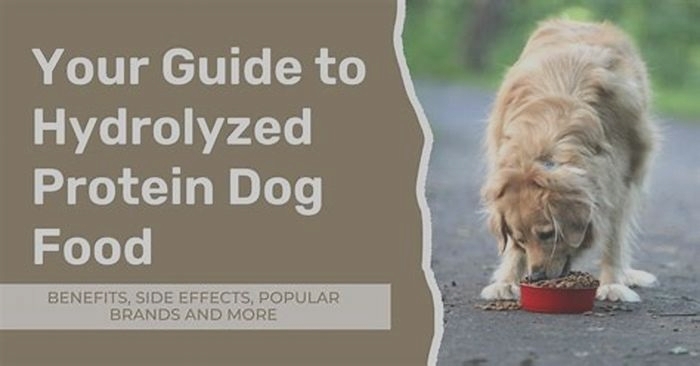z d vs hydrolyzed protein
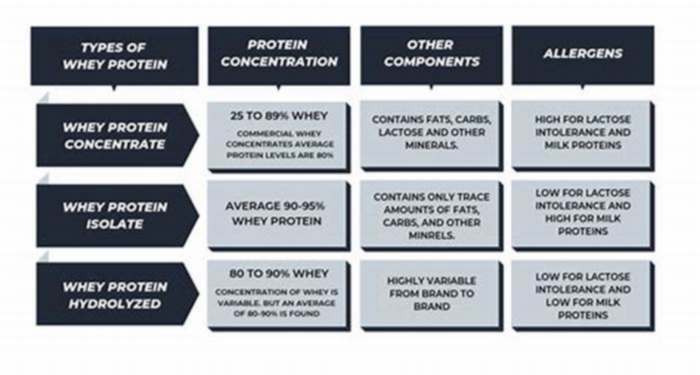
Royal Canin Hydrolyzed Protein vs. Hills Z/D
When your furry friend has dietary sensitivities, finding the right food is more than a necessityits a priority. If youre wading through the myriad of options, you may have come across Royal Canin Hydrolyzed Protein and Hills Prescription Diet z/d. Both are top contenders for managing food sensitivities and allergies in dogs, but which one is best for your pet?
Key Takeaways for Quick Readers:
- Main Ingredient: Royal Canin uses hydrolyzed soy protein, whereas Hills z/d uses hydrolyzed chicken.
- Purpose: Both are designed for dogs with food sensitivities or allergies.
- Availability: Prescription only.
- Packaging Options: Both offer dry and canned food versions.
- Veterinary Recommendation: Consult your vet before switching to a specialized diet.
What Are Hydrolyzed Protein Diets?
Hydrolyzed protein diets are designed for dogs with allergies or intolerances to common food proteins. In these diets, the protein is broken down into smaller pieces, which are less likely to trigger an allergic reaction. This makes them an excellent choice for managing diet-related skin and gastrointestinal issues.
Royal Canin Hydrolyzed Protein
Main Features:
- Protein Source: Hydrolyzed soy protein.
- Designed For: Dogs with severe allergies or intolerances.
- Benefits: Promotes skin health and aids in digestive problems.
- Veterinary Approval: Required.
Product Variants:
- Adult HP Dry Dog Food
- Small Dog HP Dry Food
- Canine Hydrolyzed Protein Wet Dog Food
Hills Prescription Diet z/d
Main Features:
- Protein Source: Hydrolyzed chicken.
- Designed For: Dogs with food allergies and sensitivities.
- Benefits: Highly digestible, improves skin and coat health.
- Veterinary Approval: Required.
Product Variants:
- Original Skin/Food Sensitivities Dry
- Skin/Food Sensitivities Small Bites Dry
- Original Wet Food
Comparing the Two
| Feature | Royal Canin Hydrolyzed Protein | Hills Prescription Diet z/d |
|---|---|---|
| Protein Source | Hydrolyzed soy protein | Hydrolyzed chicken |
| Form | Dry and wet | Dry and wet |
| Specific Use | Severe allergies/intolerances | General allergies/sensitivities |
| Benefits | Aids digestion, promotes skin health | Highly digestible, improves skin and coat |
| Availability | Prescription only | Prescription only |
| Packaging Options | Small and standard kibble, cans | Small bites, standard kibble, cans |
Critical Insights and Tips
Consult Your Veterinarian
Before switching your dogs diet, a thorough discussion with your veterinarian is crucial. They can help determine if a hydrolyzed protein diet is necessary and which brand might suit your dogs specific health needs.
Transition Gradually
When introducing a new food, especially one as specific as a hydrolyzed protein diet, transition your dog slowly to avoid gastrointestinal upset. Mix the new food with the old in increasing amounts over a week.
Monitor Your Dogs Response
Keep an eye on how your dog responds to their new diet. Improvements in skin condition or gastrointestinal symptoms can be a good sign, but any negative reactions should prompt a call to your vet.
Conclusion
Choosing between Royal Canin Hydrolyzed Protein and Hills Prescription Diet z/d depends on your dogs specific health needs and reactions to different protein sources. Both are excellent choices designed to manage food allergies effectively, so your decision should be guided by professional veterinary advice and your pets individual health.
Interview with Dr. Emily Norton, Veterinary Nutrition Specialist
Q: Dr. Norton, could you explain why hydrolyzed protein diets are recommended for dogs with food allergies?
Dr. Norton: Absolutely! When dogs have food allergies, their immune systems mistakenly identify certain protein molecules as threats, leading to adverse reactions. Hydrolyzed protein diets contain proteins that have been broken downchemically sliced into smaller pieces that are typically too small for the immune system to recognize. This significantly reduces the risk of triggering an allergic response, making these diets particularly beneficial for managing and mitigating food allergy symptoms in dogs.
Q: What are the most common signs that a dog might benefit from a hydrolyzed protein diet?
Dr. Norton: Great question! The signs can vary, but typically, you might notice chronic gastrointestinal issues such as diarrhea, vomiting, and excessive flatulence. Skin problems are also a common indicator, like persistent itching, redness, or hair loss that doesnt seem to resolve with typical treatments. If a dog exhibits these symptoms, its a cue that we might need to explore dietary changes, particularly if these symptoms persist despite other interventions.
Q: How do Royal Canin and Hills approach the formulation of their hydrolyzed protein diets differently?
Dr. Norton: Royal Canin and Hills both strive to meet the needs of sensitive pets, but their approach to hydrolyzed proteins differs subtly yet significantly. Royal Canin primarily uses hydrolyzed soy protein, which is an excellent choice for dogs with sensitivities to common meat proteins. Its about both the source and the process. Their hydrolyzation process ensures that the soy proteins are broken down into very small fragments.
Hills, on the other hand, uses hydrolyzed chicken. This can be particularly beneficial for dogs who may be allergic to beef or lamb but can tolerate chicken if its sufficiently processed to remove allergenic properties. Hills focuses on making their diets extremely digestible, which can aid in nutrient absorption and reduce the workload on the gastrointestinal tract.
Q: Is there a difference in how dogs might react to soy versus chicken as a protein source?
Dr. Norton: Definitely. The protein source can influence both the palatability and how well a dog tolerates the diet. Some dogs might find chicken more palatable, which is crucial for maintaining appetite, while others might react better to soy due to specific meat allergies. Its about finding a balance between a dogs individual allergies, their taste preferences, and their overall health. Each dog is unique, so while one might thrive on a soy-based diet, another might do better with chicken, even in its hydrolyzed form.
Q: For pet owners considering these diets, what should they keep in mind about long-term feeding?
Dr. Norton: When it comes to long-term feeding of specialized diets like these, the key is monitoring. Owners should watch for any changes in their dogs symptoms, weight, and overall behavior. Regular check-ups with the vet are crucial to ensure the diet continues to be appropriate for their health needs. Additionally, because these are specialized diets, they are often more expensive than regular dog food, so financial planning for pet care becomes even more important.
Q: Any final advice for dog owners navigating the choice between these two diets?
Dr. Norton: My biggest piece of advice is to work closely with your veterinarian. They can help you navigate the choice based on your dogs specific health profile. Also, be patient. Sometimes, finding the right diet involves some trial and error. And once you find a diet that works, sticking to it consistently is crucial for maintaining your dogs health.
HELP US PUT FOOD ON THE TABLE
z/d Food Sensitivities Dry Dog Food Original Bag
Food sensitivities and intolerance are potentially serious problems that can result in irritated skin, coat and ear conditions or even gastrointestinal upset. Dogs that have adverse food reactions due to a food allergy (typically to a protein in the food) or intolerance benefit from a food designed for food sensitivities. Hill's nutritionists and veterinarians developed Prescription Diet z/d clinical nutrition especially formulated to support your dog's food sensitivities. In fact, z/d is clinically proven nutrition to reduce skin & digestive signs from food intolerances.
Food sensitivities happen because proteins enter the skin and cross the digestive system to the body causing immune system to react. z/d is a specialized food with proteins that are gentle and broken into smaller pieces to help avoid detection by the immune system to help your dog feed better, prebiotics to create a healthy gut microbiome balance and fatty acids to build healthy skin.
z/d is nutrition clinically proven to reduce skin & digestive signs from food intolerances which are the outward signs you see. Rest assured this product is working inside the pet to avoid the core issue which is due to an overactive immune reaction to certain foods. With pre-digested animal proteins, antioxidants, prebiotic Fibre and skin nourishing nutrients.
Royal Canin Showdown Hydrolyzed Protein vs. Selected Protein
Welcome to the ultimate guide where we dive deep into the world of specialized dog diets provided by Royal Canin, focusing on two specific products: Hydrolyzed Protein and Selected Protein. If youre perplexed about which diet might be the best fit for your furry friend, worry no more!
Key Takeaways:
- Whats the Difference?: Hydrolyzed Protein is for dogs with severe allergies, breaking down proteins to non-allergenic sizes. Selected Protein uses limited, novel protein sources ideal for mild to moderate allergies.
- Ideal Use Cases: Hydrolyzed for dogs that react to multiple proteins, Selected for single or predictable allergies.
- Nutritional Benefits: Both diets offer complete nutrition, but their formulations cater to different levels of sensitivities.
- Cost Comparison: Hydrolyzed diets generally cost more due to the extensive protein breakdown process.
The Battle of Diets
| Feature | Hydrolyzed Protein | Selected Protein |
|---|---|---|
| Protein Source | Proteins broken into small peptides | Limited number, novel sources (e.g., duck) |
| Allergy Management | Designed for severe allergies | Suitable for mild to moderate allergies |
| Cost | Generally higher due to processing | Lower compared to hydrolyzed options |
| Palatability | Good; enhanced by hydrolyzing proteins | Varies; dependent on dogs taste preferences |
| Availability | Widely available in vet clinics and stores | May be less available than hydrolyzed options |
Why Choose Hydrolyzed Protein?
Hydrolyzed Protein diets are a go-to for veterinarians when dealing with dogs that exhibit severe allergic reactions to common proteins. Through hydrolysis, proteins are broken down into very small fragments, which the immune system of a sensitive dog is less likely to recognize as allergens. This diet is particularly helpful for dogs that have not responded well to conventional allergy management strategies.
Why Opt for Selected Protein?
Selected Protein products utilize novel or less common protein sources such as venison or duck, which are typically not part of a dogs regular diet. This strategy can be highly effective for managing food sensitivities without the need for protein hydrolysis. Its a simpler approach and often preferred for dogs with identifiable and specific protein allergies.
In-Depth Analysis: Nutritional Adequacy
Both Royal Canin Hydrolyzed Protein and Selected Protein diets are formulated to meet the nutritional levels established by the AAFCO Dog Food Nutrient Profiles for maintenance. They ensure that regardless of the type of sensitivity, your dog receives all necessary nutrients for a healthy life.
Cost Implications
Its no secret that specialized diets can be pricey. Hydrolyzed Protein diets tend to be more expensive due to their complex manufacturing process. However, investing in the correct diet can reduce the need for additional veterinary visits and medications related to improper nutrition or allergy flare-ups.
Real-World Results: What Do Dog Owners Say?
Feedback from dog owners tends to highlight the effectiveness of both diets in managing allergies, with many reporting improved skin conditions and overall health. The choice often boils down to the specific needs of the dog and the severity of the allergic response.
Conclusion: Which Should You Choose?
Your decision should be guided by your dogs specific health needs and allergy severity. Consultation with a veterinarian is crucialthey can provide recommendations based on thorough allergy testing.
For pet owners navigating the complex world of dog allergies, both Royal Canin Hydrolyzed Protein and Selected Protein offer viable paths to improved health and well-being, tailored to the unique needs of your pet.
Insights from the Field
Interviewer: Weve seen a lot of discussion around Hydrolyzed and Selected Protein diets. Could you elaborate on the scientific foundation behind these diets?
Dr. Emily Norton, Veterinary Nutritionist: Absolutely. The foundation for these diets rests on immunology and digestive physiology. Hydrolyzed Protein diets involve breaking down proteins into peptides small enough that the immune system does not recognize them as a threat, effectively bypassing the allergic response. This process uses extensive enzymatic hydrolysis. On the other hand, Selected Protein diets leverage novel protein sources that the dogs immune system has not been exposed to, thus the likelihood of an allergic reaction is minimized. Both approaches aim to provide a hypoallergenic environment but tackle the issue from different angles.
Interviewer: What are the typical signs that a pet might benefit from these specialized diets?
Dr. Lisa Chang, Dermatology Specialist: Dogs with food allergies often exhibit skin issues such as itching, redness, and hair loss, primarily around the face, feet, and ears. Gastrointestinal signs like vomiting or diarrhea are also common. If these symptoms persist despite conventional treatments, or if a dog reacts to multiple food trials with different common proteins, thats when we consider Hydrolyzed Protein diets. For Selected Protein diets, theyre particularly effective when the allergen is somewhat predictable or when we have a clear idea of what the dog reacts to.
Interviewer: Can you give us insight into the role of diet in managing chronic conditions aside from allergies?
Dr. Alex Gordon, Internal Medicine Specialist: Diet plays a crucial role in managing various chronic conditions in dogs, such as kidney disease, diabetes, and inflammatory bowel disease. For example, Hydrolyzed Protein diets are not only useful for allergies but also for conditions like inflammatory bowel disease where a highly digestible, low-residue diet can help minimize gastrointestinal upset. The choice of diet must be tailored to the dogs specific condition, which underscores the importance of a precise diagnosis and dietary strategy.
Interviewer: How do pet owners generally respond to transitioning their pets to these diets?
Dr. Sophie Bennett, Clinical Veterinarian: Transitioning to a specialized diet often comes with its challenges, particularly in palatability and the pets initial acceptance. However, once owners see the improvement in their pets healthbe it through reduced itching, better digestion, or more energythey are usually very committed to the diet. Education plays a big part here. Understanding why these diets are different and how they help manage specific health issues makes a significant difference in compliance.
Interviewer: Any advice for pet owners considering these diets?
Dr. Emily Norton: Start with a thorough vet examination. If you suspect a food allergy, discuss both Hydrolyzed and Selected Protein options with your vet. Also, be patient during the transition, as it can take several weeks to see improvements. Lastly, be vigilant about avoiding unapproved treats and foods to ensure the diets success.
Interviewer: What developments do you foresee in the field of hypoallergenic dog diets?
Dr. Lisa Chang: The future is promising! Were seeing advancements in identifying and utilizing even more novel protein sources and enhancing the palatability of hypoallergenic diets. Theres also ongoing research into the gut microbiomes role in allergies and how modifying it can aid in allergy management. Were moving toward more personalized diet formulations that consider individual variations in metabolism and genetic predispositions.
HELP US PUT FOOD ON THE TABLE

